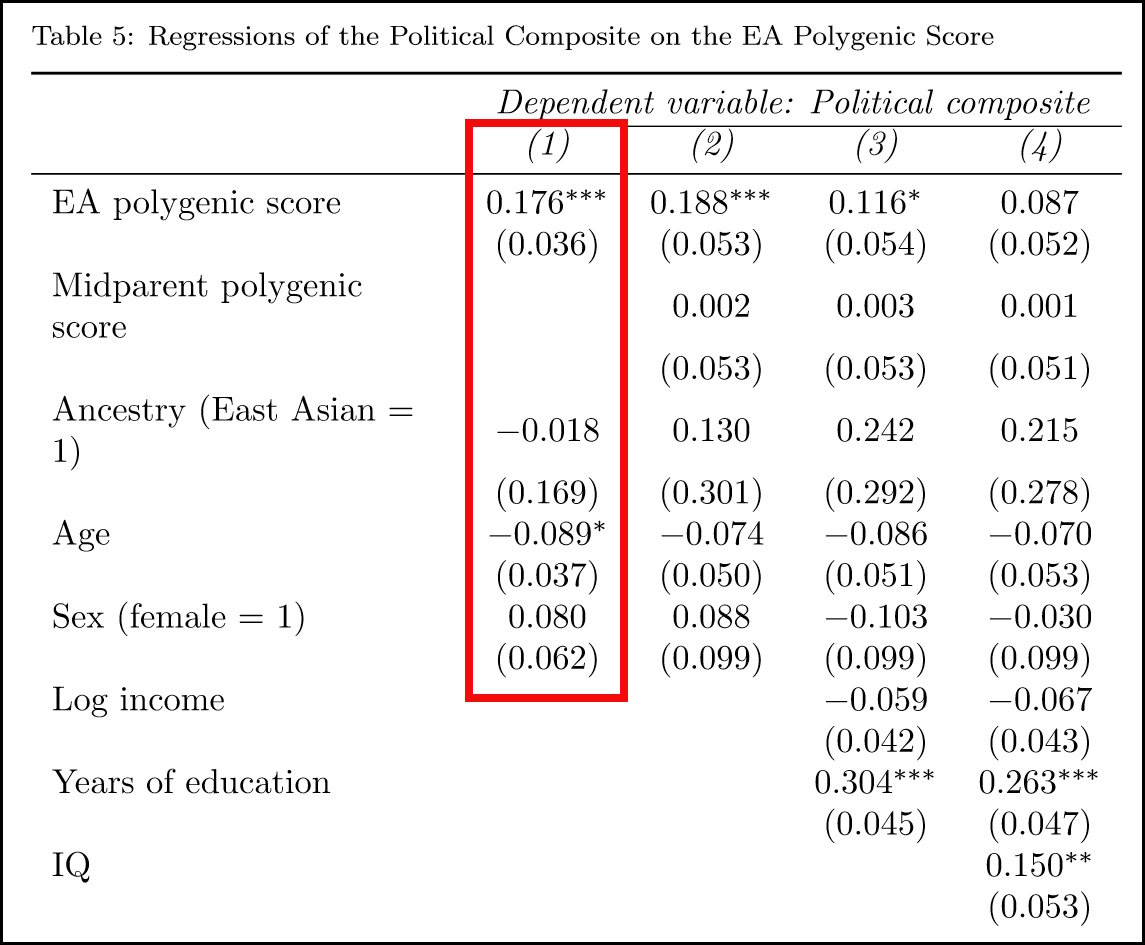Some time ago I became fatally suspicious of the word trope. Technically there's nothing wrong with it, but in practice it's used exclusively to imply someone has said something vaguely offensive without having the receipts. Here's the latest:
Three Columbia University administrators have been removed from their posts after sending text messages that “disturbingly touched on ancient antisemitic tropes” during a forum about Jewish issues in May, according to a letter sent by Columbia officials to the university community on Monday.
Touched on! And not just tropes, but ancient tropes! Needless to say, these alleged tropes go undefined.
I took a look at these text messages a couple of weeks ago and came away believing there wasn't much there. Since then the entire text conversation has been released, but it doesn't change things. During a panel discussion about antisemitism, the three deans in question shared private texts that you could fairly describe as snarky or irreverent. But that's about it.
To the Columbia administration, however, which was under siege from outraged alumni demanding that the three deans (plus a fourth) be fired immediately, the texts conveyed "a lack of seriousness about the concerns and the experiences of members of our Jewish community."
This is precisely backward. What the deans did was fail to show unconditional earnestness and obeisance toward every last grievance lodged by a particular community, no matter how ridiculous or overstated. This is apparently the price of admission to progressive society these days.
This whole thing is bonkers. The grievances of specific communities deserve to be given fair consideration, but they don't automatically demand absolute deference. In this case, the deans privately exhibited moderate skepticism toward a few of the claims from the panelists, some of it expressed a little bit caustically. None of it could reasonably be called antisemitic, and at most they deserve a verbal reprimand. Instead they're all out of jobs.




